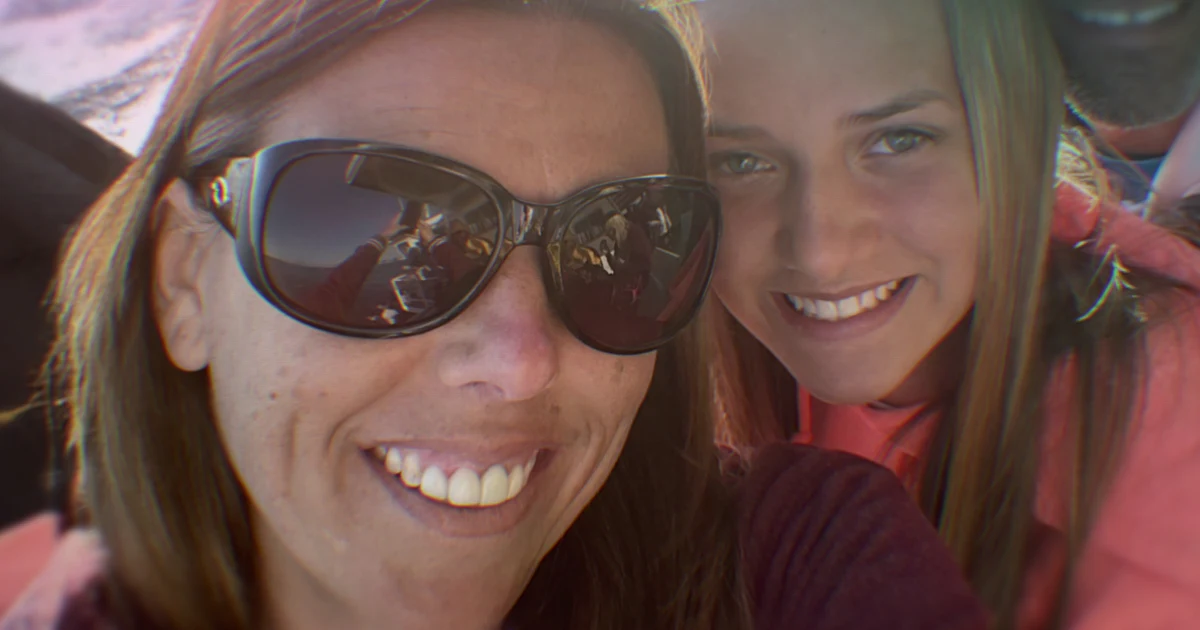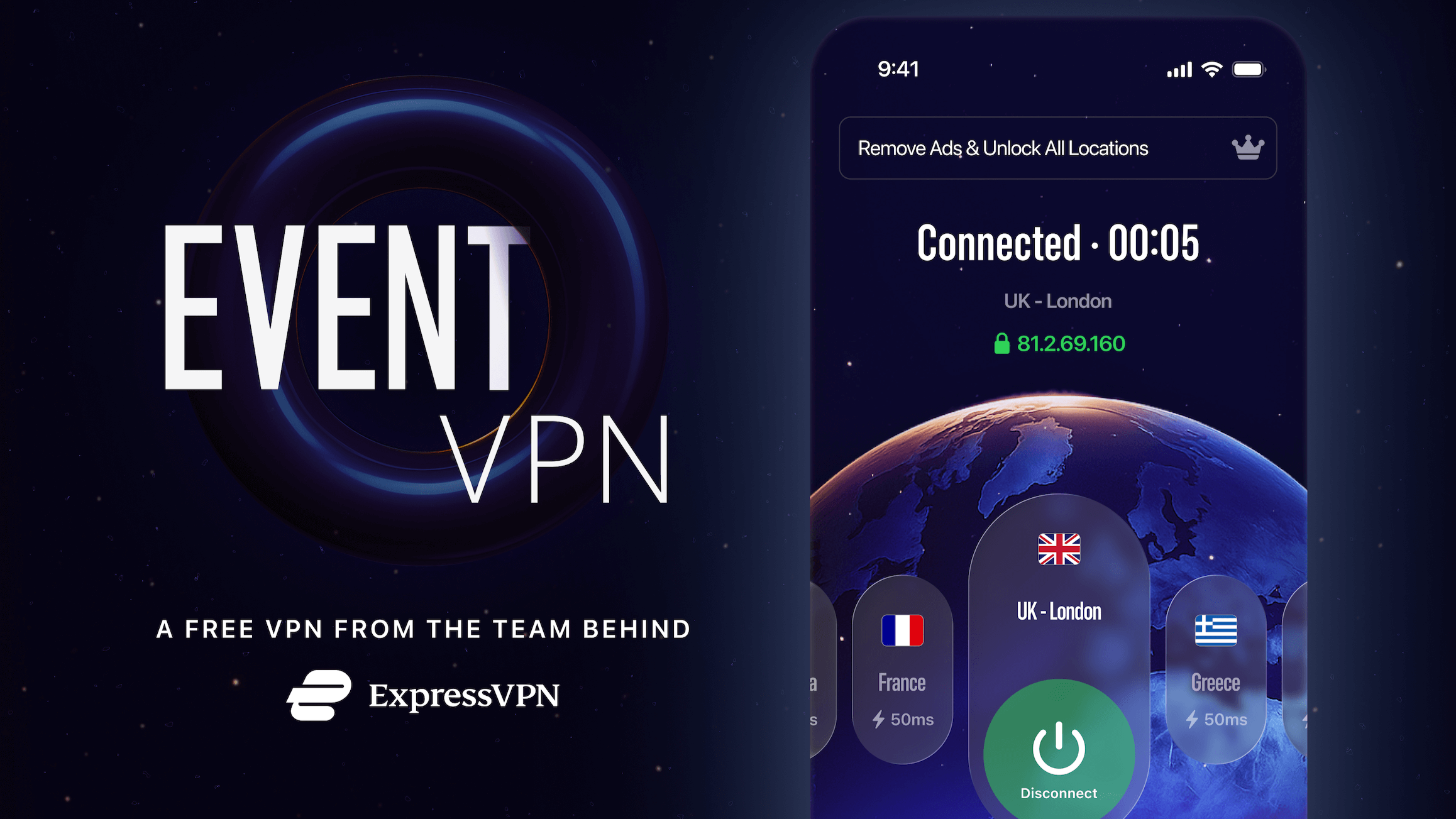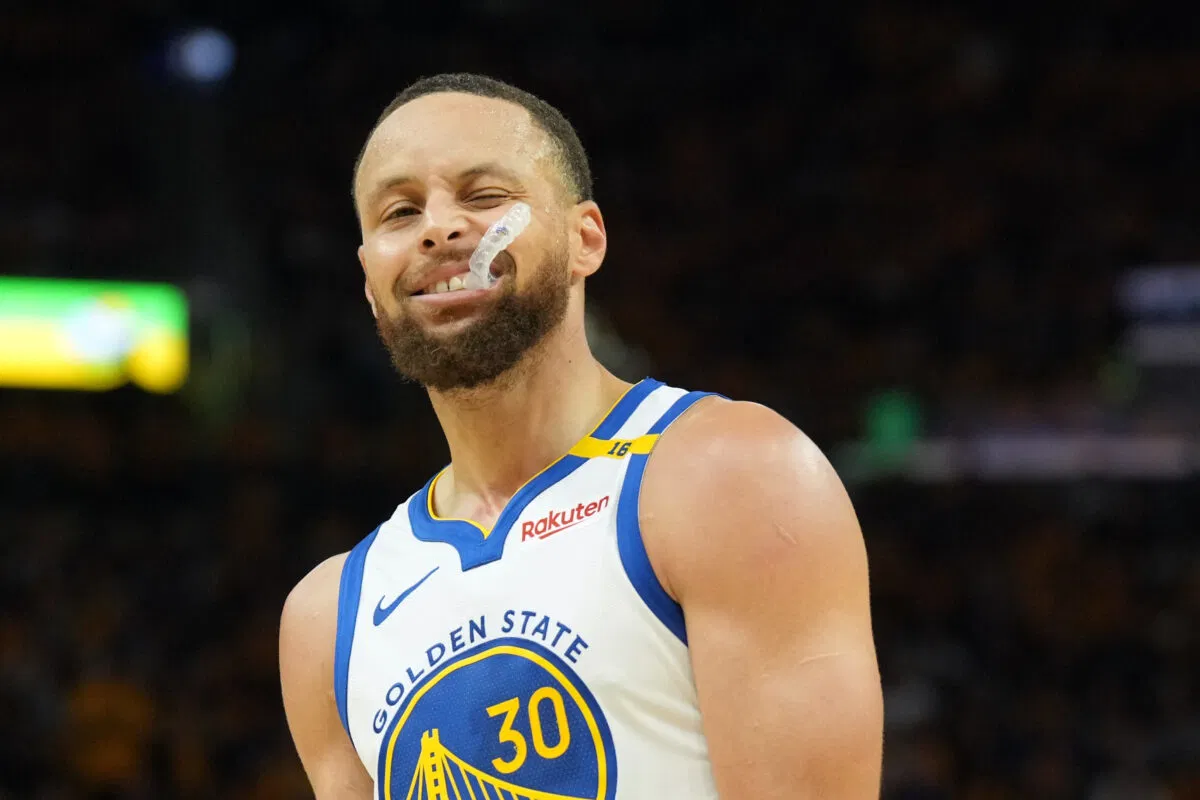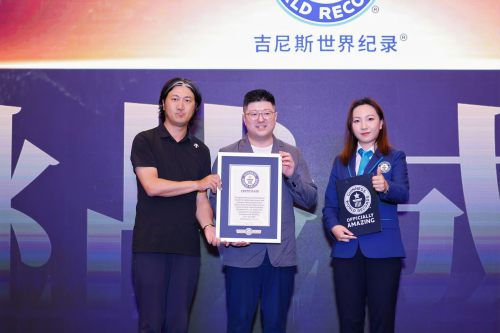
This story discusses suicide. If you or someone you know is in crisis, call or text 988, or go to 988lifeline.org, to reach the Suicide & Crisis Lifeline. You can also call the network, previously known as the National Suicide Prevention Lifeline, at 800-273-8255, or visit SpeakingOfSuicide.com/resources.
People — and especially parents — can’t stop talking about the Netflix documentary, “Unknown Number: The High School Catfish,” in which Michigan mom Kendra Licari cyberbullies her own teenage daughter, Lauryn Licari.
The huge, unanswered questions: Why did she do it? How could a mother do that to her own daughter?
Over two years, Kendra sent thousands of texts to her daughter and her daughter’s then-boyfriend that were mean, vulgar, sexually explicit and even dangerous.
In December 2022, Kendra Licari was charged with two counts of stalking a minor, two counts of communicating with another to commit a crime and one count of obstruction of justice, per an Isabella County arrest warrant obtained by TODAY.com.
At her sentencing, Judge Mark Duthie said the case had shown him the “worst in human nature,” according to courtroom reporting from The Morning Sun newspaper.
“I can’t imagine any parent saying such horrible things to her own daughter,” he added.
That is the exact thought of so many who have watched the documentary, which builds up suspense before revealing that Kendra has been the one bullying Lauryn all along.
There’s no official explanation — not in the documentary or any public record. If Kendra Licari has any sort of mental health diagnosis that could explain her behavior, it’s not been made public. We may never know the answer. But people close to the case have theories.
“I think it was a cyber Munchausen’s case,” said Bill Chillman, Lauryn’s school superintendent, in the documentary. “She wanted her daughter to need her in such a way that she was willing to hurt her and this is the way she chose to do that.”
Kendra’s cousin Melissa Perry agreed, saying in the documentary, “I think that’s exactly it.”
What is Munchausen by proxy? Could it explain Kendra’s behavior?
TODAY.com reached out to a Stanford psychologist with a clinical specialty in Munchausen by Proxy, plus a 30-year-old woman who experienced a similar type of abuse from her mother.
Both had a lot to say about the documentary and the true story behind it.
“Unknown Number”: A Psychologist’s Perspective
Dr. Mary Sanders, a Stanford psychologist, tells TODAY.com that Munchausen by proxy is “when someone falsifies illness on behalf of someone else, usually a parent on behalf of a child, and that behavior persists even though there is no external reward,” she says. “Basically, it’s to meet their psychological needs.”
The presence of technology has added new opportunities for the disorder to present itself. Dr. Marc Feldman, a psychiatry professor at the University of Alabama and Munchausen expert, has noted the rise of “Munchausen by internet.”
Neither Sanders nor Feldman have personally treated Kendra Licari; they spoke about the condition in general.
“Online is now another arena to get attention,” Sanders says.
Sanders says parents with the syndrome use defense mechanisms, rationalization and compartmentalization to inflict harmful behaviors on their child. Sometimes these parents have been lured by Make-a-Wish trips to Disneyland. Other times they simply get a rush from the excitement and admiration they get as the parent of a “sick” kid. Few understand the harm they cause.
“They crave being able to rush in and and be a hero or receive a lot of attention for caretaking,” says Sanders.
“Certainly this is abusive, extremely emotionally abusive,” Sanders says of Kendra’s behavior after watching the documentary. “You know, some might even say sexually abusive as well, and certainly intentional deception.”
She adds, “It’s so disturbing how much there was about the texts encouraging her to kill herself.”
Sanders notes that Kendra claimed to have known that Lauryn wouldn’t kill herself, “but we certainly know of cases in which kids have with far less cyberbullying than this.” (Sanders says she worked with a parent who spoke similarly to their child, who survived, but did did end up inflicting self-harm.)
At the same time, Sanders says she wants viewers to understand that “people are complex.” She says, “People like Kendra are more than the worst behavior they ever did.”
Together with UCLA psychologist Dr. Brenda Bursch, Sanders developed the ACCEPTS model for treatment and management of Munchausen by proxy. The acronym stands for ACknowledgement, Coping, Empathy, Parenting, Taking charge and Support.
In the documentary, Kendra says that “everybody” breaks the law at some point. This leads Sanders to believe that even after serving time in jail, Kendra has still not truly acknowledged the gravity of her actions.
“Acknowledgement is first,” Sanders says. “So if we don’t even get there, the rest don’t even matter.”
“Unknown Number”: A Survivor’s Perspective
At the age of 22, Jordyn Hope (who uses they/them pronouns) realized while learning about Munchausen by proxy in college that they were actually a survivor of the disorder.
Jordyn’s mother, Donna, took Jordyn to the hospital as a child for reported seizures, iron deficiency, asthma, fevers, anorexia, neutropenia and other conditions.
Now 30, Jordyn has spent years unraveling their childhood of abuse, digging through medical records, confronting pediatricians and even appearing on a televised episode of “The Doctors” with their mother.
“If I get triggered, I don’t know if I need to go to the ER or just take a Tylenol,” says Jordyn, who now works as an independent contractor for Munchausen Support. “It’s definitely a journey.”
As Jordyn watched “Unknown Number,” they say they remember thinking, “Whoa. I relate to this.” Seeing Lauryn’s face freeze while learning that her mother was the source of the cyberbullying has haunted Jordyn.
“One of the big things that really, really struck me was this sense of identity and having believed this whole time that it’s you and Mom against the world, that it’s you and Mom that are best friends, that Mom is helping you through this really, really hard, scary thing … and then to find out Mom was actually doing these things to you,” Jordyn says.
Like Kendra, Donna was present at many of Jordyn’s activities, coaching gymnastics and cheerleading — even winning the “Best Mom” title at Jordyn’s beauty pageant. Donna died last year, leading to a complicated grieving process for Jordyn, who still occasionally texted and called their mom until the end.
Jordyn says they completely understands why Lauryn still loves her mom and wants to communicate with her.
“Even when your mom does the seemingly most evil things you could imagine, you still saw your mom laugh. You were still comforted when your mom hugged you. There was still this good mom that cared so much,” Jordyn shares, their voice wavering.
“I imagine most people watch that documentary and think, how could Lauryn still love her mom?” Jordyn says. “I just want to tell her that anything she’s thinking or feeling is OK. She didn’t do anything wrong. When you’re a victim to something like this, there’s nothing that you could have done wrong.”



